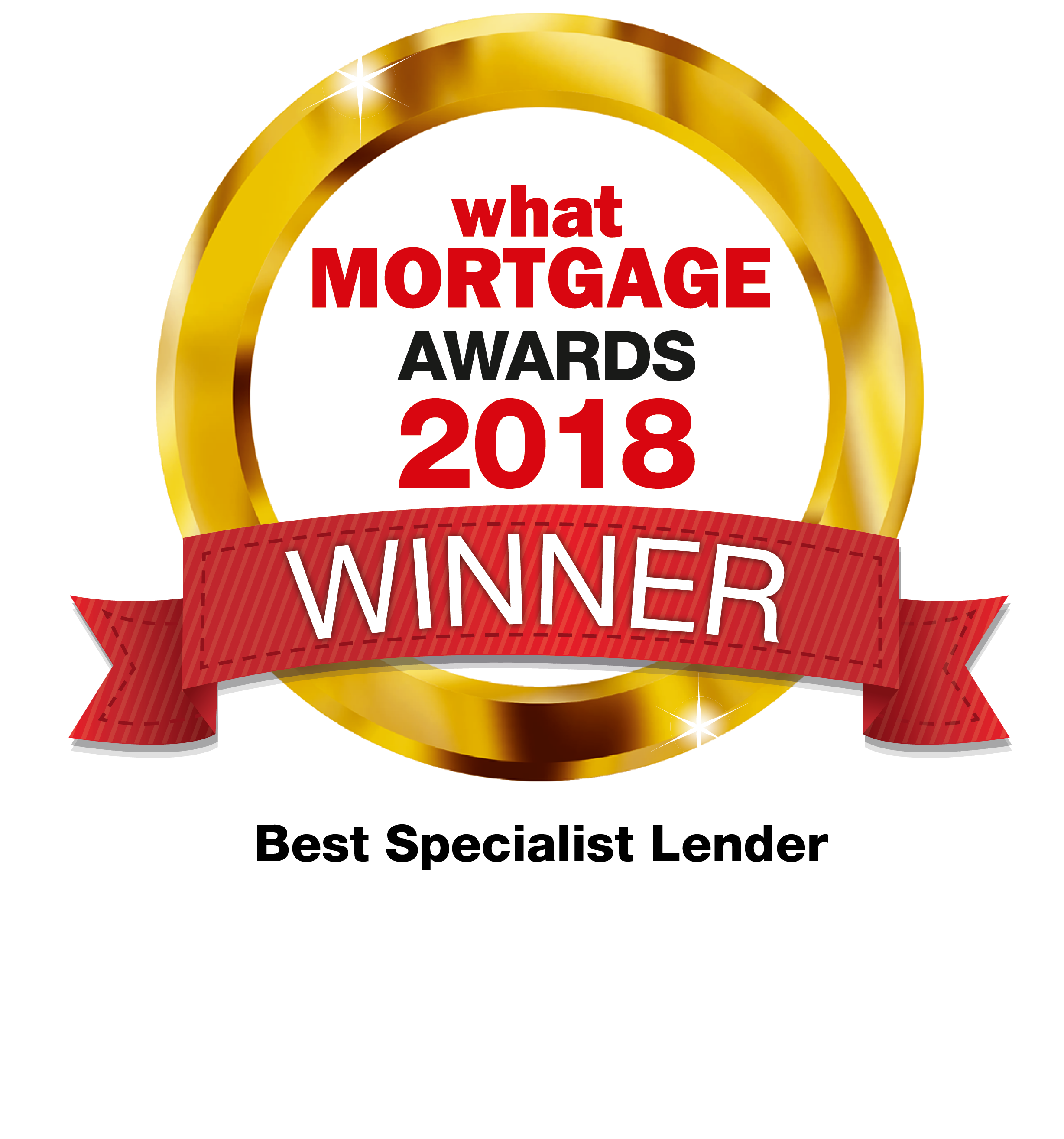[col type=”one-third”]
Our property investment expert is Jeni Browne, Sales Director at
Mortgages for Business
www.mortgagesforbusiness.co.uk
Tel: 0345 345 6788


[/col]
[col type=”two-third last”]
Question
Mortgaging two properties when self-employed
My wife and I have three children and our three bed house is too small so we have decided to move to a four-bedroom property. We are considering the option of renting out our current house and then using the rental income to cover the cost of the mortgage on both properties.
What I would like to ask you is whether this is something which can be done in our circumstances. I am self-employed and my wife does not work. Our current home is worth £480,000 and could be rented out for £2,000 pcm. The home we are buying is worth £770,000, and we could put down a deposit for about 20% of the property.
Answer
In principle, this sounds absolutely fine, although to be more specific we would need some more numbers to work with – namely, the amount you owe on your current mortgage, how much you earn, details of any financial commitments and whether your 20% deposit would cover your stamp duty plus other costs.
However, as an idea, this looks perfectly viable – just keep in mind that you would be liable for the stamp duty surcharge on the new purchase.
[hr style=”single”]
Question
Japanese knotweed invasion
We are looking at buying a house to let which we have been told has Japanese knotweed in the garden. We have been told this could severely impact our chances of getting a mortgage.
The house is in a good area, with potential for a high yield and is in the catchment area for an ‘outstanding’ school, so we are reluctant to walk away. Equally, if we are going to have to pay a huge amount for a specialist mortgage, we might have to re-think. What are the chances of us getting a mortgage in this situation?
Answer
Owing to the structural damage which Japanese knotweed can cause to a property, you will find it hard to obtain a mortgage on this property, unless it is either a) over 20 metres from the house or b) has been treated by an approved specialist and you have documentation to confirm this.
Whilst I appreciate that this may sound draconian, if left untreated, the damage this plant can cause to buildings is severe.
I would add that there are a couple of buy-to-let lenders who may be able to consider this. Your best option would be to speak to a broker who will be able to advise you of your options. Do get in touch if you would like us to investigate for you.
[hr style=”single”]
Question
Translating buy-to-let jargon
I am new to buy-to-let and have been doing some basic research online into how it is financed. I think I have got my head around yield but what is Interest Coverage Ratio (ICR) and how is this
relevant for a first-time landlord?
Answer
The ICR is the calculation that lenders use to ensure that the rent is more than sufficient to cover the monthly mortgage payment. For example, if the mortgage is £100 per month and the ICR is set at 145%, then the rent must be at least £145 per month. This calculation applies to both experienced and first-time landlords and is used as part of the lender’s stress test which measures whether borrowers can withstand a rate increase. Stress test calculations can be quite complex as lenders may well use a different formula depending on:
• If you are buying in your own name or through a Ltd company
• Whether or not you are taking a five year fixed rate
• Whether you are a basic or higher rate tax payer
• The interest rate of the product which you are taking
So, once you identify a property, it’s worth speaking with a broker to make sure that the numbers work out and you can, indeed, borrow the amount you are looking for.
[hr style=”single”]
Question
Buy-to-let as a pension plan
I am in my 40s and I am becoming increasingly concerned about my pension, which is going to be pretty meagre when I retire. I want to get into buy-to-let as a way of boosting – or providing the biggest bulk of – my pension.
I have enough in savings to put down a deposit of around 30% on a property but wondered whether my best bet was to get a repayment or in interest-only mortgage. Bearing in mind I will be retiring in approximately 20 years, which is the best for someone who is ultimately using buy-to-let to pay for their retirement?
Answer
Concern over income in retirement is one of the biggest drivers that we see for people looking to invest in buy-to-let, and was also the reason why I, myself chose to become a landlord.
It is very usual for a landlord to arrange their mortgage on an interest-only basis as primarily, this will help with their cashflow. Additionally, landlords often take the view that in 20 years, the rent will have increased but as long as they do not increase their mortgage during this time, their interest payments will not, so they will naturally get an income on the difference.
However, my thoughts are that if you are able to afford to repay the mortgage over 20 years, you will end up with an unencumbered property where all of the rent will be yours. Personally, I think that this is a better strategy for providing income in retirement. Having said all that, I do not know your personal circumstances, so please do talk to your accountant and/or take advice from an Independent Financial Adviser; thereafter, if you need help securing the mortgage, do get in touch and I will be happy to assist.
[hr style=”single”]
[/col]










 Buy-to-let
Buy-to-let










